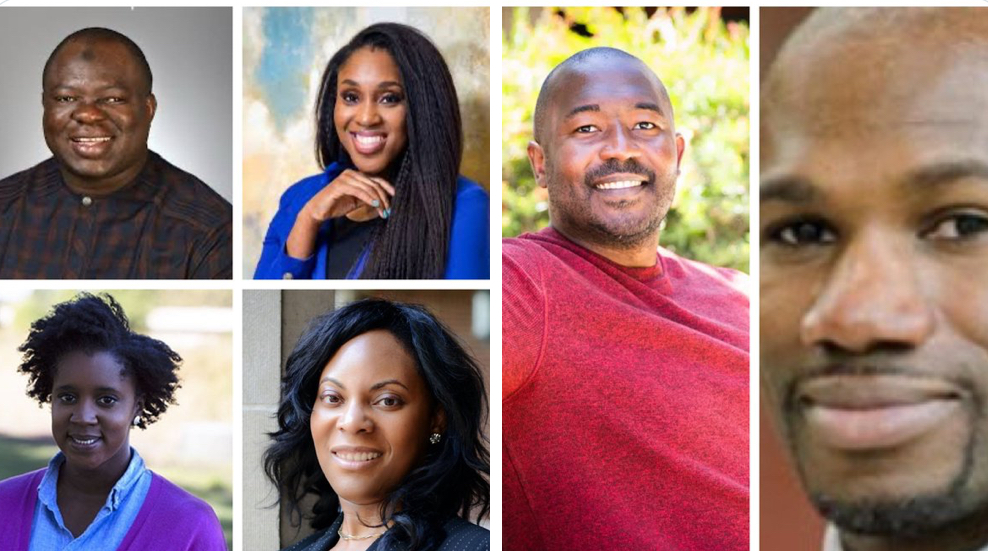President Biden awarded nearly 400 scientists and engineers the Presidential Early Career Award for Scientists and Engineers (PECASE), the highest honor bestowed by the U.S. government on outstanding scientists and engineers early in their careers.
Established by President Clinton in 1996, PECASE recognizes scientists and engineers who show exceptional potential for leadership early in their research careers. The award recognizes innovative and far-reaching developments in science and technology, expands awareness of careers in science and engineering, recognizes the scientific missions of participating agencies, enhances connections between research and impacts on society, and highlights the importance of science and technology for our nation’s future.
From Day One of his Administration, President Biden has recognized the important role that science and technology plays in creating a better society. He made historic progress, increasing federally funded research and development and deploying past research and development at an unprecedented scale through the Bipartisan Infrastructure Law, the Inflation Reduction Act, and the CHIPS and Science Act.
This year’s awardees are employed or funded by 14 participating agencies within the Departments of Agriculture, Commerce, Defense, Education, Energy, Health and Human Services, Interior, Transportation, and Veterans Affairs and the Environmental Protection Agency, the intelligence community, the National Aeronautics and Space Administration, the National Science Foundation, and the Smithsonian Institution.
Among the 400 honorees, six outstanding Nigerians have been recognized for their groundbreaking contributions across diverse fields. Here’s a closer look at these trailblazing individuals:
Dr. Azeez Butali
Field: Craniofacial Genetics
Position: Gilbert Lilly Endowed Professor of Diagnostic Sciences, University of Iowa
Dr. Azeez Butali is a pioneer in craniofacial genetics, with a focus on cleft lip and palate within African populations. He holds a Bachelor of Dental Surgery from the University of Lagos, a Ph.D. in Genetic Epidemiology from the University of Dundee, Scotland, and advanced training in Craniofacial Genetics from the University of Iowa, along with a certificate in Genetics and Genomics from Stanford University.
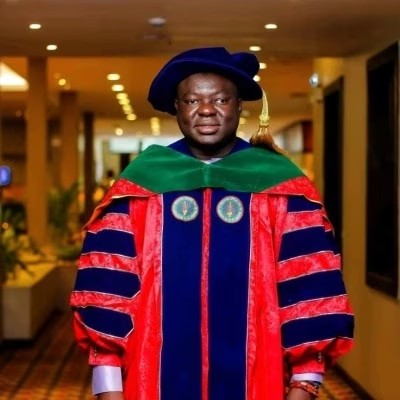
Research Impact:
Dr. Butali’s work has significantly advanced the understanding of genetic factors underlying craniofacial anomalies. His discoveries, including CTNNA2 and SULT2A as candidate genes for cleft palate, have garnered over 2,700 citations. He is also the principal investigator at the Butali Laboratory, director of the African Craniofacial Anomalies Research Network, and leads the University of Iowa College of Dentistry Biorepository.
Dr. Ijeoma Opara
Field: Youth Substance Use and Mental Health
Position: Associate Professor, Yale School of Public Health
Dr. Opara is a renowned expert in substance use prevention, HIV/STI prevention, and mental health, particularly among Black and Brown youth. She is the director of The Substance Abuse and Sexual Health (SASH) Lab at Yale and holds advanced degrees in Public Health, Social Work, and Family Science.

Key Contributions:
Dr. Opara’s innovative approaches to addressing disparities in youth health have earned her national recognition. She provides training and consultation to organizations and schools on topics such as substance use prevention and sexual health education for marginalized communities.
Dr. Oluwatomi Akindele
Field: Nuclear Engineering
Position: Postdoctoral Researcher, Lawrence Livermore National Laboratory
Dr. Oluwatomi Akindele specializes in nuclear nonproliferation and safeguards applications. She holds a B.Sc. in Nuclear Engineering from Texas A&M University and a Ph.D. from the University of California, Berkeley.
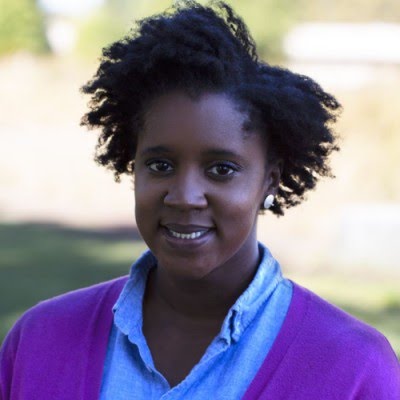
Research Highlights:
Dr. Akindele’s work focuses on designing kiloton detectors and photomultiplier tubes for projects like WATCHMAN. Her contributions include conducting simulations on muon flux to refine detection technologies critical for global nuclear security.
Dr. Eno Ebong
Field: Bioengineering and Chemical Engineering
Position: Associate Professor, Northeastern University
Dr. Eno Ebong is a leading researcher in vascular health and endothelial cell mechanobiology. She earned both her bachelor’s and Ph.D. in Chemical Engineering from the University of California, Berkeley.

Research Impact:
Dr. Ebong directs the Mechanobiology Laboratory at Northeastern University, studying the endothelial glycocalyx and its role in vascular health. Her work aims to develop therapeutic strategies for diseases like atherosclerosis and cancer metastasis.
Dr. Oluwasanmi Koyejo
Field: Machine Learning and AI
Position: Assistant Professor, Stanford University
Dr. Koyejo is an expert in trustworthy machine learning, with applications in healthcare and neuroscience. He holds a B.Sc. and Ph.D. in Electrical Engineering from the University of Texas, Austin, and leads the Stanford Trustworthy AI Research (STAIR) group.
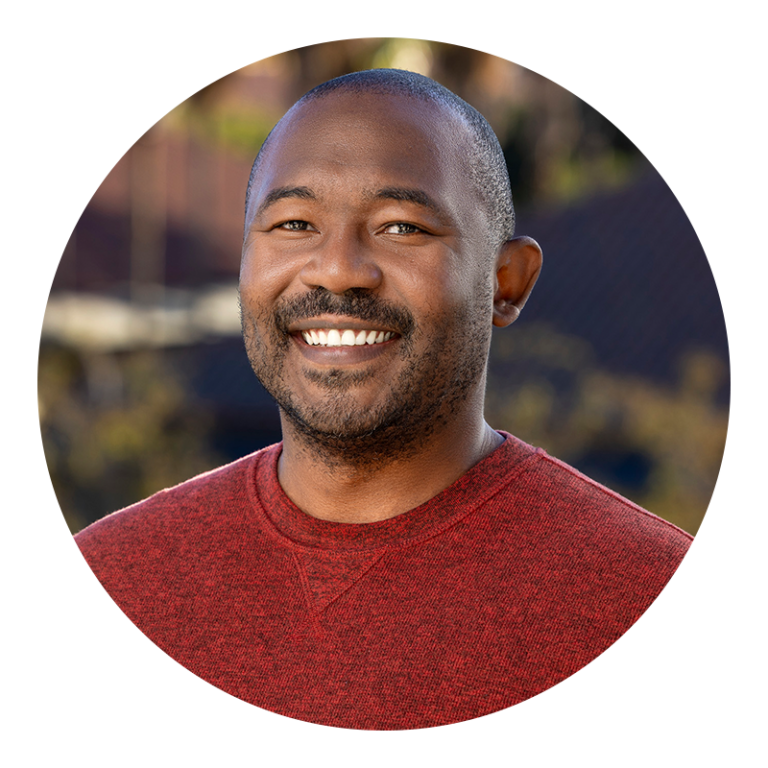
Key Contributions:
Dr. Koyejo’s research on fairness and robustness in AI systems is paving the way for more ethical and reliable machine learning applications, particularly in critical domains like neuroimaging and clinical decision-making.
Dr. Abidemi Ajiboye
Field: Neural Engineering
Position: Associate Professor, Case Western Reserve University
Dr. Abidemi Ajiboye focuses on brain-computer interfaces (BCIs) for restoring function in individuals with nervous system injuries. He holds degrees in Biomedical and Electrical Engineering from Duke University and Northwestern University.
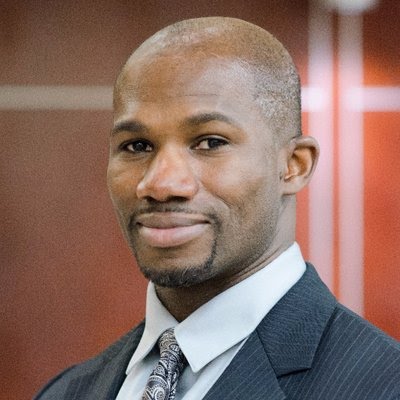
Research Significance:
Dr. Ajiboye’s groundbreaking work on neural interfaces aims to improve the control of assistive technologies, such as prosthetics and functional electrical stimulation systems, for patients with spinal cord injuries and strokes.
These six scientists exemplify excellence in research and innovation, reflecting Nigeria’s immense talent on the global stage. Their contributions not only advance their respective fields but also inspire future generations.



